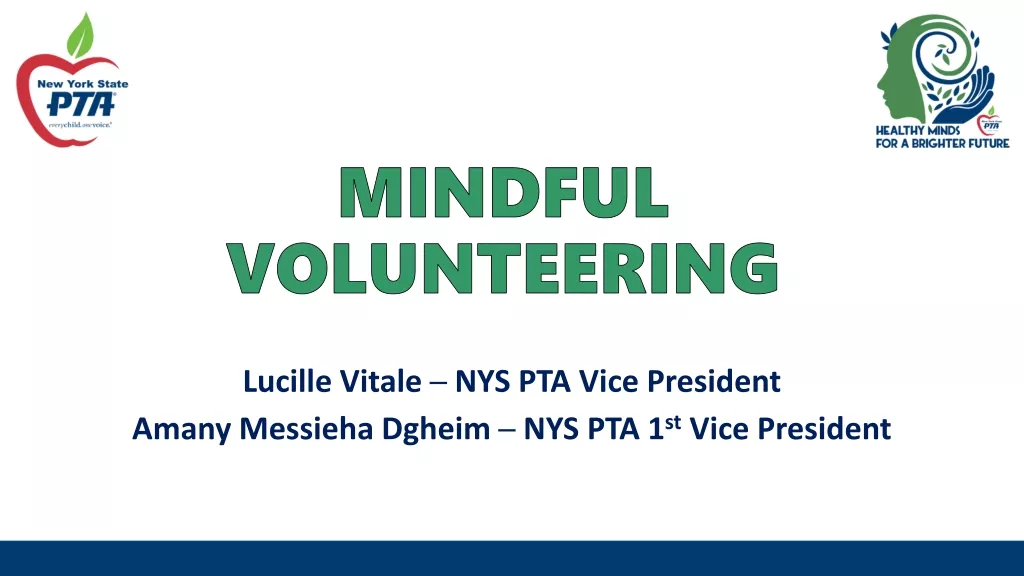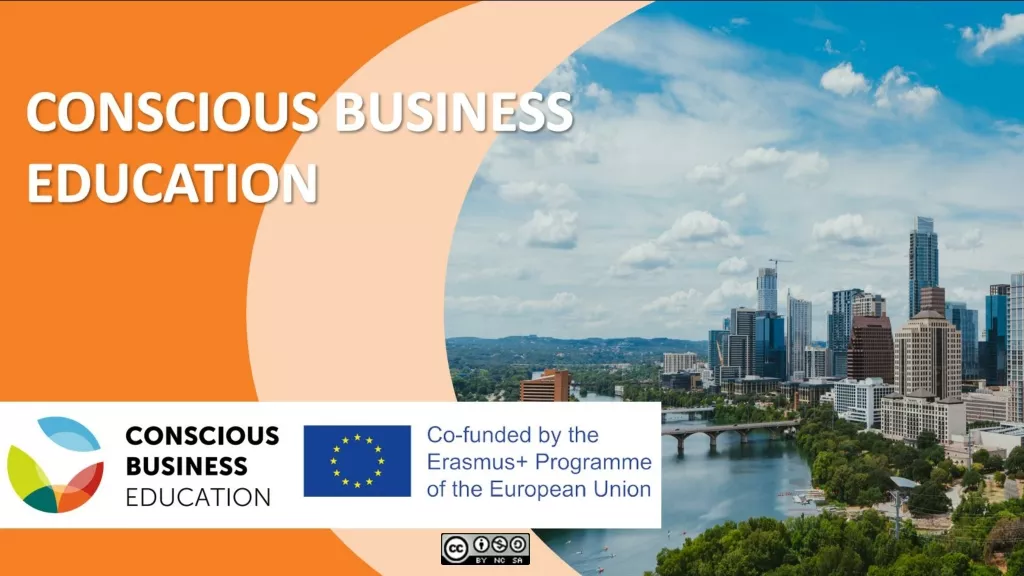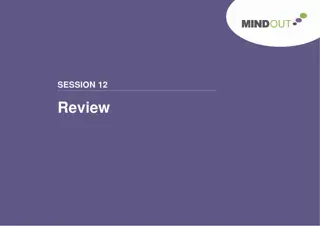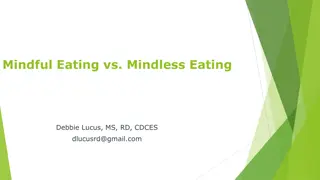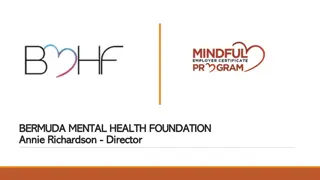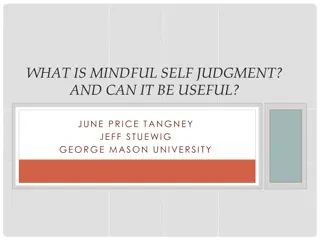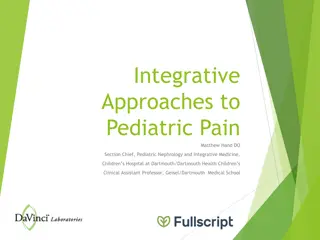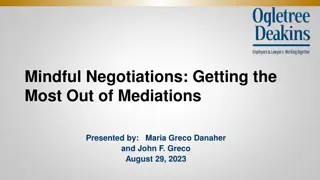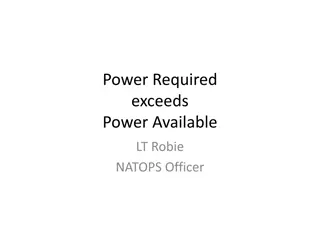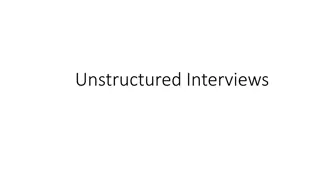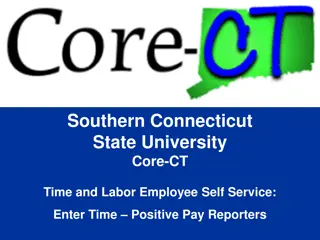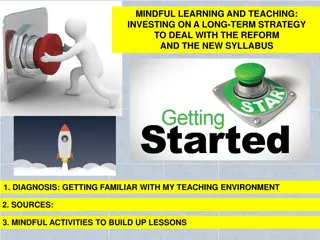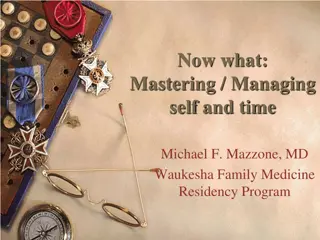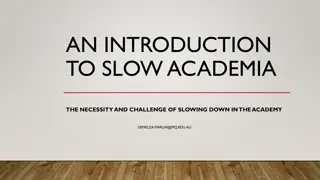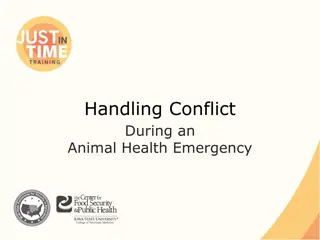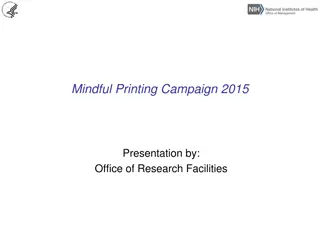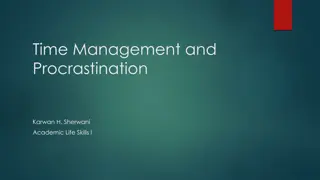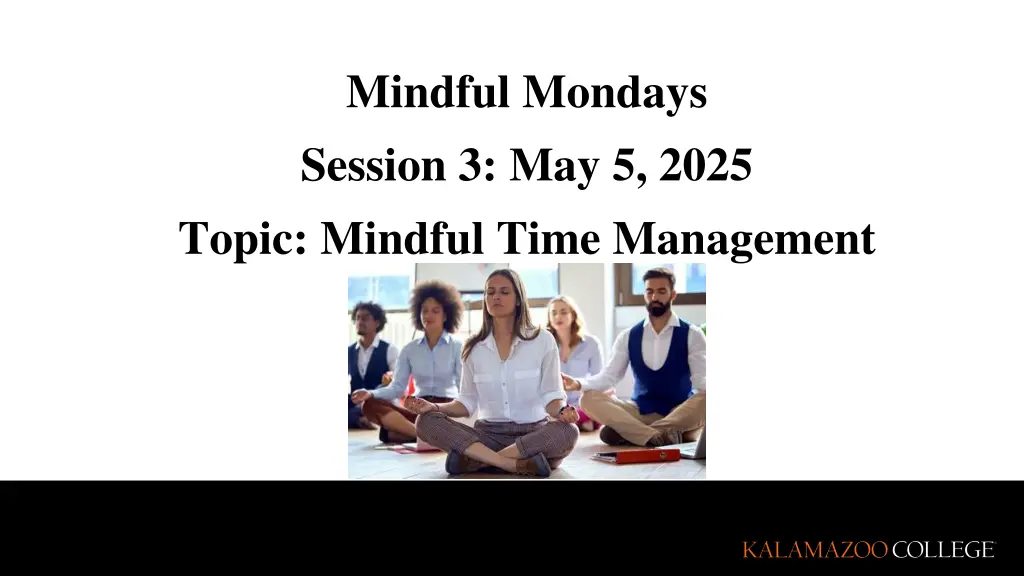
Mindful Time Management Strategies
Discover how mindfulness can transform your approach to time management by prioritizing tasks, reducing distractions, and enhancing focus for greater productivity and well-being. Learn about the benefits of mindfulness on executive functioning and task prioritization, and explore practical tools like the Eisenhower Matrix to optimize your schedule effectively.
Download Presentation

Please find below an Image/Link to download the presentation.
The content on the website is provided AS IS for your information and personal use only. It may not be sold, licensed, or shared on other websites without obtaining consent from the author. If you encounter any issues during the download, it is possible that the publisher has removed the file from their server.
You are allowed to download the files provided on this website for personal or commercial use, subject to the condition that they are used lawfully. All files are the property of their respective owners.
The content on the website is provided AS IS for your information and personal use only. It may not be sold, licensed, or shared on other websites without obtaining consent from the author.
E N D
Presentation Transcript
Mindful Mondays Session 3: May 5, 2025 Topic: Mindful Time Management
Overview: How Mindfulness Can Help You Manage Time More Effectively How we use our 24 hours can drastically impact our productivity and well-being. This session is all about using mindfulness to Manage time more effectively Prioritize what matters most Create a schedule that supports well-being. Mindfulness Not just slowing down but focusing Manage time without feeling overwhelmed. Make more conscious choices, reduce distractions, and approach tasks with clarity and intention.
Key Takeaways for Today: How mindfulness helps with focus, reducing procrastination, and staying in the moment The importance of task prioritization and breaking down complex projects Creating a mindful schedule that balances work and self-care
Mindfulness & Executive Functioning Mindfulness & Executive Functioning How Mindfulness Strengthens Your Mental Time Management Tools Executive functioning refers to the brain s ability to plan, focus, remember instructions, and manage multiple tasks successfully. When executive function is taxed by stress, distraction, or overload time management suffers. Mindfulness helps by: Improving Focus & Attention Control Strengthening Working Memory Supporting Emotional Regulation Boosting Task Initiation & Follow-Through Mindful time management: a neuroscience-backed way to support the very systems that help you thrive at work and in life.
Mindfulness & Task Prioritization Mindfulness & Task Prioritization Mindfulness is a powerful tool that helps us pause and ask: What truly matters right now? Prioritization in Practice Work Project vs. Emails - Imagine you have a big project due tomorrow, and 20 emails are waiting for your attention. Which task should you handle first and why? Personal Responsibilities vs. Work Deadlines - Maybe you have a doctor s appointment and a work deadline. Which task should you handle first and why? Mindfulness helps you stay grounded and focused on what needs your attention right now, instead of feeling stressed by everything at once. Optional Practice: Eisenhower Matrix Use your to-do or task dump list to plot tasks on the Eisenhower Matrix. Why? The matrix provides a quick visual of the urgency and importance of tasks so you can quickly prioritize them.
What is Eisenhower Matrix? Urgent Not Urgent Important Definition: Tasks that are both time-sensitive and aligned with core goals (personal, departmental, or organizational). Examples: A project deadline tied to strategic outcomes Crisis response Health appointments Why It Matters: These need your immediate, focused attention and have direct consequences if delayed. Definition: High-value tasks that support long-term goals, development, or relationships but don t come with immediate pressure. Examples: Strategic planning Relationship-building with key partners Personal wellness routines Why It Matters:This is the growth zone. Mindfully making space for these tasks prevents burnout and reactive living. Not Important Definition:Tasks that feel pressing but aren t aligned with your highest priorities. Often interruptions or tasks that can be delegated. Examples: Most emails and some meetings Others last-minute requests that aren't tied to your highest priorities Why It Matters: These can drain your energy and focus. Evaluate what can be scheduled for later, delegated, or declined. Definition: Low-impact, non-essential activities that neither support your goals nor require immediate action. Examples: Doomscrolling Excessive task-switching Unproductive multitasking Why It Matters: These are great to eliminate or reserve as intentional breaks. Mindfulness helps you catch when you're drifting here unconsciously.
Single Single- -Tasking, Not Multi Tasking, Not Multi- -Tasking Tasking Many of us are used to juggling several tasks at once, but mindfulness teaches us to focus on one thing at a time. Emails During a Meeting Have you ever tried responding to emails during a meeting? Anyone want to share what typically happens? Focusing fully on the task at hand can increase both your productivity and your sense of accomplishment. Report vs. Phone Call Let s say you re trying to complete a report while also talking on the phone. This is another classic example of multi-tasking. Practicing mindfulness by focusing on one task at a time will make you feel more centered and help you be more efficient. Optional Practice: The Rule of 3 Start your day with intention by choosing just three key tasks to focus on. This helps reduce overwhelm and brings clarity to what truly matters. If you complete all three, consider it a success anything extra is a bonus! Supports mindful decision-making and boosts your sense of accomplishment.
Mindful Scheduling Mindful Scheduling Another key element of mindful time management is creating a mindful schedule. Block out time intentionally for both your work and your well- being. Work Block vs. Rest Block Considering scheduling a 90-minute block of time for deep work when you have an important project due. But don t forget to also schedule a 10 15-minute break afterward. If you don t plan for breaks, you ll risk burning out or becoming distracted. Mindfulness helps you recognize when you need to step away and recharge, which will improve your overall productivity. Personal vs. Work Tasks Imagine your day consists of both work meetings and personal tasks. If you don t plan your time effectively, you might feel rushed from one task to the next. But if you block time for both, like scheduling a work meeting in the morning and a personal task in the afternoon, you ll have a better sense of balance and won t feel as frazzled. Mindful scheduling helps you honor both your responsibilities and your need for personal time.
Exercise: Mindful Task Prioritization and Scheduling Exercise: Mindful Task Prioritization and Scheduling Now, let s practice mindful task prioritization and scheduling. Find a comfortable seat and close your eyes. Take a deep breath and bring your attention to the present moment. Reflect on your tasks for today or the week. Which ones are most important? Which will have the greatest impact if completed first? Imagine creating a mindful schedule that honors both your productivity and your well-being. As you make these adjustments, notice any changes in how you feel.
Reflection & Wrap Reflection & Wrap- -Up Up Check in with yourself throughout the day and week. o Are you focusing on the present moment? o Are tasks intentional and aligned? At the end of your day, reflect mindfully on one task. o Was it easier to focus on it when you weren't distracted? How did it feel to give it your full attention? Thank you for taking the time to join today s session. We look forward to seeing you next month for our next session: The Power of Now: Living in the Present Moment. Make sure to wear comfortable shoes and bring an umbrella, as we plan to take next month s session outdoors (Red Square)!
Thank you for taking this time for yourself today! Please take a moment to complete the online survey to share your feedback or any interests for future topics. The survey is found within the Launch and Schedule section at this URL: https://hr.kzoo.edu/benefits/healthcare/wellness/ mindful-mondays/

